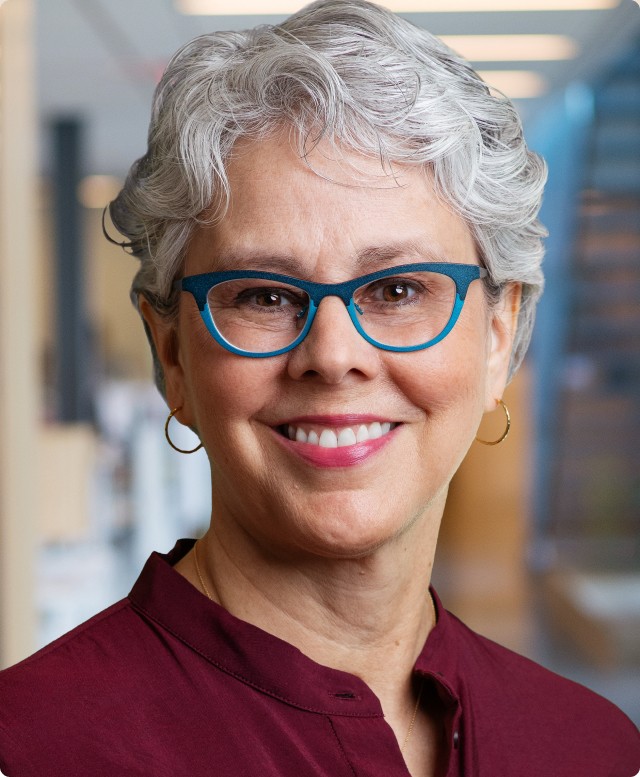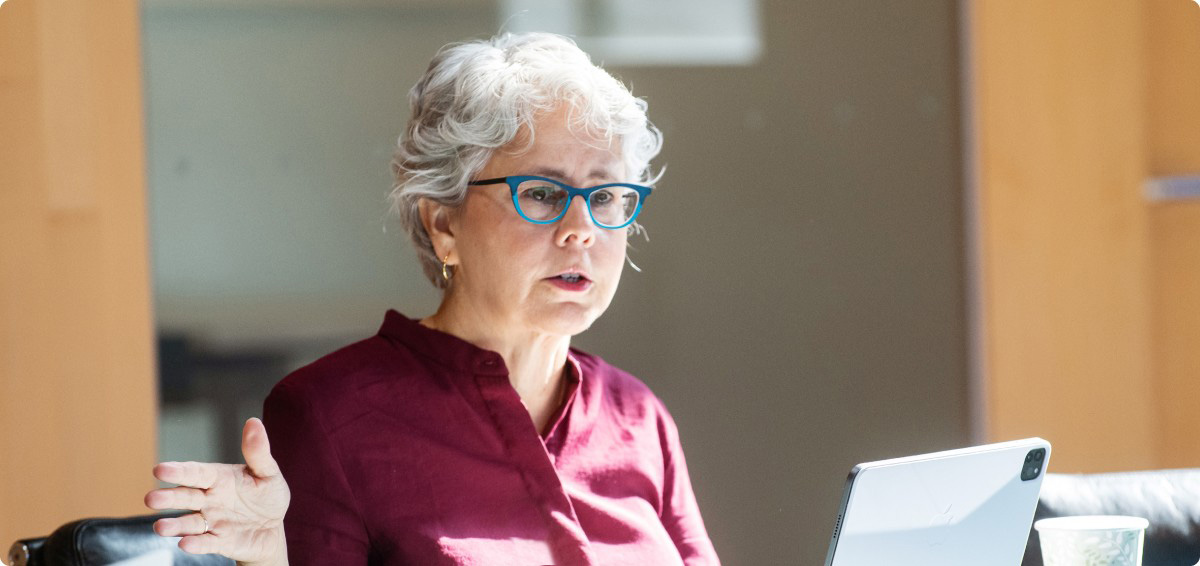
Making the Most of this Moment
Cecilia Muñoz
Board Chair, The Kresge Foundation
It seems like common sense to say that the work of any major institution — a company, a foundation, a government — always boils down to people and places. Any organization seeking to have an impact ultimately has to look at the effect of what it produces on actual humans: their lives, their livelihoods, and the places where they live, work and play.
Seems straightforward enough, until you start thinking about how to make sure it all works as it should. If, for example, you’re seeking to expand opportunity in America’s cities, which is what The Kresge Foundation does, it turns out not to be simple at all.
The challenge of reaching people and places effectively, in ways that move lives and communities forward, turns out to be quite a complex exercise. As you’ll see in this report, in the years since our founding in 1924, Kresge has built and expanded its capacity to reach people and places, often with transformative effects.
This moment in our country’s history turns out to be a pivotal time for an organization like ours, with the depth of expertise that we have built, because the enactment of several pieces of legislation by Congress over the last few years means that the federal government is investing resources at a level that compares in some ways with the scale of the New Deal. These laws are intended to spark transformations in manufacturing, in infrastructure, in broadband access, and in addressing climate change, among many other things.
Philanthropy can do a great deal to create pathways for government funds to get to places they don’t always reach.
But how will they land with people? How will they land in places? What will their impact be on equity in our wildly unequal society?
This moment was intended to spark transformation; it may well succeed if these new laws are implemented well. Eight years in the federal government taught me that this is a complicated endeavor indeed, and it will require skilled work at making sure resources are deployed strategically, reaching people with an eye toward equity and toward transforming communities for the better. Government at every level has a vital role to play, and the impact on people and place is the ultimate test of whether this will be the transformative moment that the country needs and its people deserve.
Philanthropy, too, has a vital role to play in making sure that America makes the most of this moment. Many of these federal dollars will land in the communities best equipped to apply for them – which are not always the same as the communities where they are most needed – and philanthropy can do a great deal to create pathways for government funds to get to places they don’t always reach.
This is the very work that Kresge is built for, and I’m deeply proud of what we do in place and the example it sets as philanthropies, governments and communities across the country grapple with the opportunity of this moment. I’m equally proud that our skill at the mechanics of moving resources in ways that strengthen communities is deeply enhanced by expertise in arts and culture, education, health, human services and the environment.
Here’s to nearly a century of work that equipped The Kresge Foundation for this moment, and to the century that will be shaped, at least in part, by what we hope to achieve.

